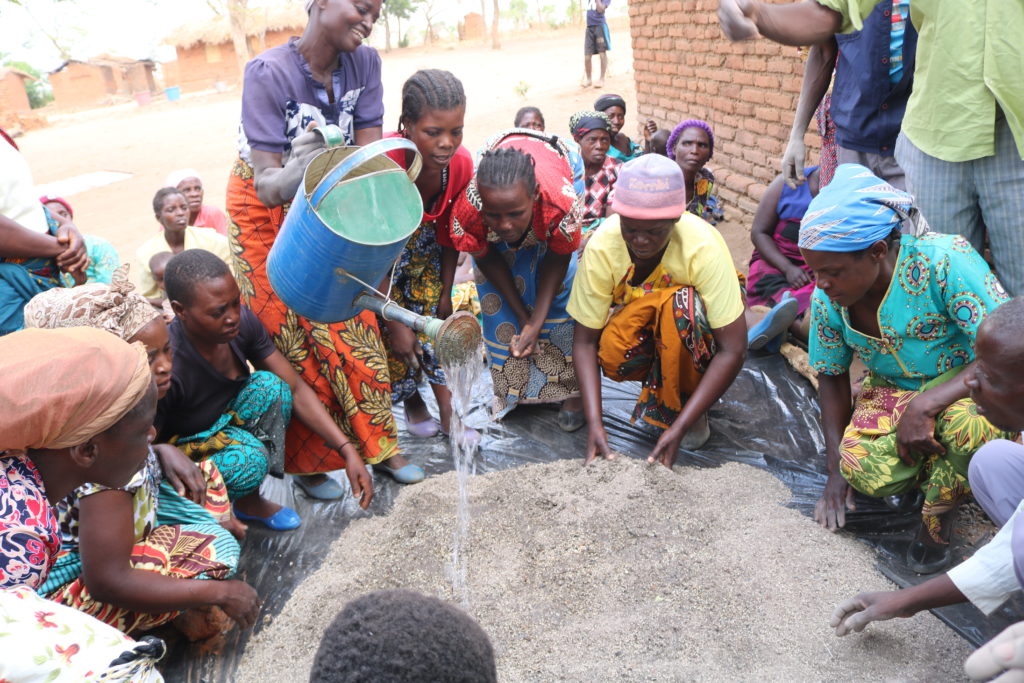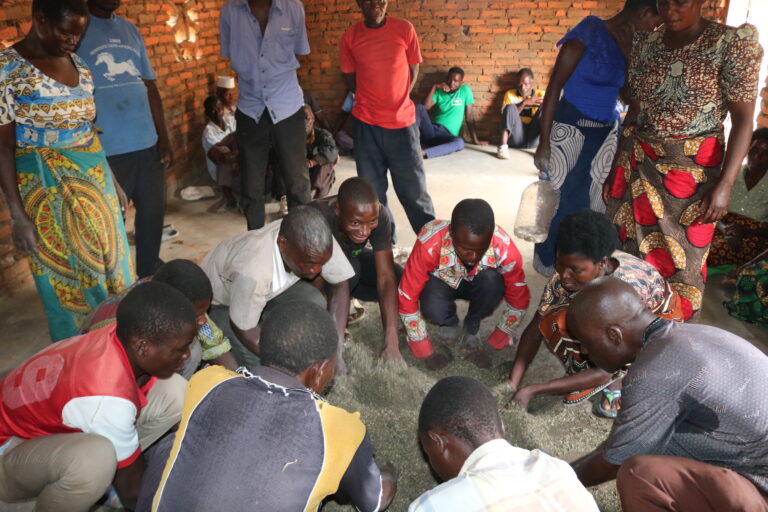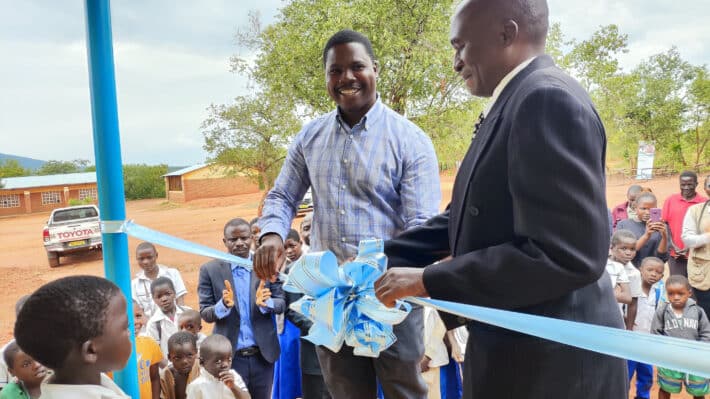How to Make Mbeya Fertilizer

How to Make Mbeya Fertilizer

Agriculture is the backbone of Malawi’s economy. It accounts for 30% of GDP and generates over 80% of national export earnings. The agriculture sector employs 64% of the country’s workforce. And of course, it contributes to food and nutrition security.
As the farming season is around the corner, fields are moist and gradually getting dressed in green as plants emerge from the soils following the falling of rains in some parts of Dowa, for the past few days.
Farmers are running up and down with their time-honored hand-held hoes preparing their gardens for planting, or sourcing fertilizer and preparing seed.
What is the impact of high costs?
For Sekina Chipokosa from Buza village, she has a reason to smile as she plans on preparing Mbeya manure for her 2 acre field.
“I learnt about Mbeya manure from Orant’s Agriculture program in the 2022/2023 farming year. I thought of trying it out on my 10 meter by 10 meter field and it gave me a good harvest.” She says.
With the rising cost of most items including farming inputs in Malawi, most farmers are stranded as most of them can not afford the high costs. With this challenge, some farmers end up using low quality inputs which, in turn, minimizes their yields.
As a way of solving this challenge, from last farming season, our Agriculture Program has been organizing a Fertilizer making training, through the Madisi Extension Planning Area.
What is Mbeya Fertilizer?
Mbeya Fertilizer is rich in the nutrients needed to improve and maintain soil structure, texture, color, depth, aeration, and fertility.
“It’s easy to make. It uses locally available resources,” says Samuel Suluveliyo, Madisi Agriculture Extension Development Officer. “By using Mbeya Fertilizer and all the necessary farming techniques, one will harvest between 50 to 80 kilogram bags of maize on an acre field.”

How to Make Mbeya Fertilizer
Materials
- 20 litre bucket of Madeya (maize bran)
- 10 litre bucket of phulusa (ash)
- 20 litre bucket of Ndowe (animal manure)
- 10 kgs of fertilizer – either NPK or Urea dressing
- 5 kgs of fertilizer- either NPK or Urea
- Note: If you want to make Basal dressing fertilizer, use 10 kgs of NPK and 5 Kgs of Urea. If you want to make Top dressing fertilizer, use 10 kgs of Urea and 5 Kgs of NPK
- 5 litres madzi (water)
- 1 thumba lachipepala mkati (sack that has plastic bag inside)
- 1 shovel
- 1 clean sheet for mixing
Procedure
- Divide the above materials into three portions
- Mix the ingredients slowly with water until they are all fine (mixed well)
- Combine into one bag
- Tie the bag with a string. Put it in an aerated place for 21 days.
- After 21 days, it’s ready to be used!
HINTS:
- Chicken manure is best to use.
- Cattle manure is not suitable. It takes too long to ferment and is light in weight.
- Make sure that non-breakable dungs like that of goats are pounded before mixed with other materials. This helps with fermentation.
Fun Facts:
- Madeya helps in fast and quick fermentation of mixture
- Ndowe attracts bacteria to ferment the mixture
- Ash contain sulphur, which prohibits the growth of striga asiatica (witch weed)




